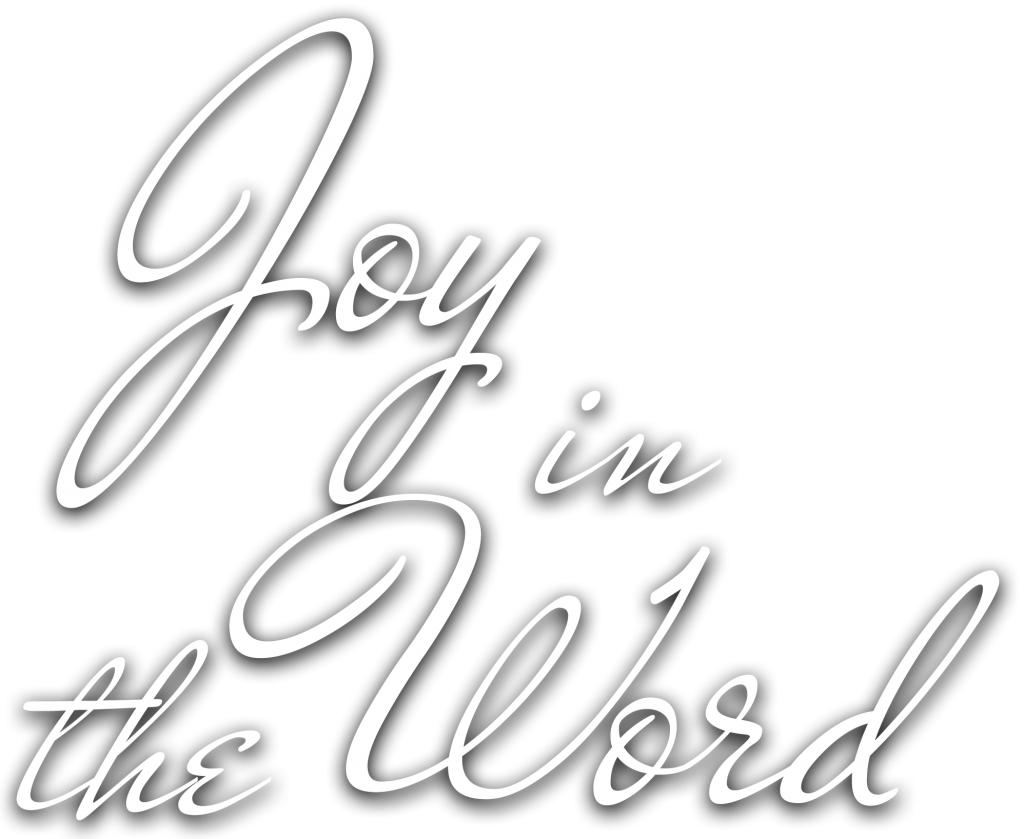It was no accident that Jesus’ death, burial and resurrection occurred during the Jewish feast of Passover. In fact, every instance where Passover is celebrated in Scripture is incredibly significant.
So in the previous post we began taking a closer look at each time Passover was celebrated in the Bible. We saw the inaugural Passover resulted in the Israelites’ release from the bondage to slavery in Egypt (Exodus 12).
The second time Passover was celebrated was at Mt Sinai at the dedication of the Tabernacle (Numbers 9:1-6). It was at Mt Sinai that God called the Israelites to be His very own people. And significantly, the presence of God came to dwell in midst of the Israelite camp.
Freedom from slavery to sin, belonging to God, and opening the way for the presence of God to dwell within each new believer, is foundational to our own understanding of all that Jesus accomplished for us in His death and resurrection.
Passover Neglected
Passover was so significant that God instructed the Israelites to celebrate Passover every year, particularly in remembrance of the mighty acts He had done in bringing them out of Egypt (Exodus 13:9-10).
However, they rebelled against God’s ways and constantly disobeyed His commands. After their encounter with God at Mt Sinai, this not only resulted in 40 years of wandering in the desert, but also a failure to continue celebrating Passover. There is no biblical record of the Passover being celebrated during their many years in the wilderness. They had lost their way and almost forgotten who they were meant to be. But God had not forgotten them!
Passover and Freedom from the Past
The next recorded Passover occurs 40 years after leaving Egypt. The Israelites finally crossed the Jordan River and entered the promised land, the land of Canaan. This Passover at Gilgal (Joshua 5:1-12) brings to the forefront an aspect of Passover that has been in the background up until this point.
Before they could celebrate Passover, all the men had to be circumcised. Circumcision points back to God’s original call of Abraham (Genesis 17). It pre-dates the law and was put in place by God as an outward sign of God’s covenant with Abraham and his descendants (Genesis 17:10-11). It signified their consecration to God alone.
Importantly, circumcision was also a prerequisite for the initial Passover in Egypt (Exodus 12:48). Yet this had been totally neglected during their 40 years in the desert (Joshua 5:5). At Gilgal, God brings them back to circumcision, rededication to Himself, and to celebrating the Passover.
It was at Gilgal that the shame of slavery in Egypt was finally and for ever “rolled away” (which is what the name Gilgal means). Their wilderness wanderings, which had resulted from their rebellion and disobedience to God, had also come to a final end. This Passover brought a decisive and lasting change, and they were able to enter the promised land totally free of their past.
These three Passovers (in Egypt, at Mt Sinai, and finally when they entered the Promised Land) form the basis for grasping the significance and impact of Jesus’ death and resurrection. Yet it doesn’t stop there.
Passover and Cleansing
There are four more times Passover is recorded as being celebrated in the Old Testament. Each of these events are important. They all centre around the temple and, like the Passover at Gilgal, involve cleansing and re-dedication to serving God alone.
During the time of the kings, Passover is celebrated by King Solomon at the completion of building the temple (1 Kings 9:25; cf. 2 Chronicles 8:12-13).
The next recorded Passover is after a time of significant neglect of God’s ways. King Hezekiah called for a “return to the Lord” (2 Chronicles 30). However the Bible records that many refused to come, and only some of the people who did attend, had taken the time to properly cleanse and prepare themselves for the celebration. Interestingly, this Passover was held during the second month rather than the first month, because they were just not ready. Hezekiah prayed for God’s mercy and grace, and God heard and cleansed the people, even though they did not celebrate Passover as they ought to have done, and were not prepared as they should to have been. God’s grace prevailed and He covered their lack!
King Josiah also celebrated Passover after bringing major reform which included a re-commitment to God and His covenant, and eradication of pagan idols from the land (2 Kings 23:1-27; 2 Chronicles 35:1-19).
Even though there were these “pockets” of recommitment, cleansing and Passover celebration, the time of the kings saw a continued downward spiral away from God. This brought consequences which included being overrun by their enemies and being forcibly taken out of their land. This was another incredibly sad time in Israelite history.
But finally, after 70 years of exile in Babylon, some of people returned to Jerusalem. They rebuilt the destroyed temple and celebrated a very joyful Passover (Ezra 6:19-22). This time, the people were already prepared, having cleansed and consecrated themselves beforehand.
Passover – a celebration!
Isn’t it amazing how each Passover recorded in Scripture sheds light on what Jesus accomplished, but also how we ought to respond. His death and resurrection not only provide freedom, cleansing and forgiveness, but He begins a process of tremendous transformation in our lives, that continues.
In scripture, Passover was a celebration of freedom and transformation. Every Passover also offered an opportunity for return, recommitment and cleansing. It was a time of physical and “heart” circumcision; a “rolling away” of the past and everything that held them back; of recommitment to serving God alone; and of joyous celebration.
As Christians, we may not celebrate Passover the way the Jewish people do, but we can certainly appreciate all Jesus accomplished as the fulfilment of Passover. On the other side of Jesus’ death and resurrection, we celebrate as the recipients of all that the Passover’s in the Bible represent.





